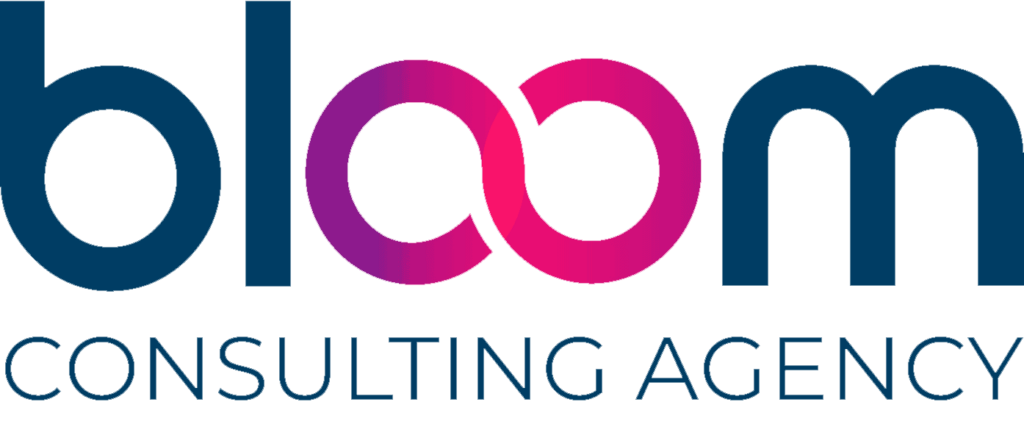In the complex and ever-evolving landscape of healthcare, the importance of medical billing audits cannot be overstated. These systematic reviews of medical billing and coding practices play a pivotal role in ensuring the financial integrity of healthcare organizations, safeguarding patient interests, and upholding the overall quality of healthcare delivery. By scrutinizing the accuracy, compliance, and transparency of billing procedures, medical billing audits help prevent errors, fraud, and abuse, ultimately contributing to cost containment, regulatory adherence, and the sustainability of the healthcare system.
What is a Medical Billing Audit?
A medical billing audit is a comprehensive examination and review of a healthcare provider’s billing and coding practices to ensure accuracy, compliance with regulations, and adherence to industry standards. These audits are typically conducted by internal or external auditors, who thoroughly analyze the medical claims submitted to insurance companies, government healthcare programs, and other payers.
The timing and frequency of medical billing audits can vary depending on the specific needs and circumstances of healthcare providers and organizations. Most audits are commonly performed either before or after claims are submitted to payers. These audits are referred to as prospective and retrospective audits. The goal is to maintain billing accuracy, ensure compliance with regulations, prevent fraud, and optimize revenue while improving the quality of healthcare services.
How to Conduct a Medical Billing Audit
Conducting a medical billing audit is a structured process that involves a thorough review of billing and coding practices to ensure accuracy, compliance, and financial integrity:
Determine Audit Objectives and Scope:
Clearly define the objectives and scope of the audit. Understand what aspects of billing and coding you intend to review and assess.
Gather Documentation:
Collect all relevant documentation, including medical records, billing records, insurance claims, and any other supporting documents. Ensure that you have access to all necessary records.
Review Regulations and Guidelines:
Familiarize yourself with the applicable healthcare regulations and coding guidelines, such as those from CMS, HIPAA, and other relevant authorities. Ensure that your audit will assess compliance with these standards.
Coding Review:
Review the accuracy and appropriateness of the diagnostic and procedural codes used in medical claims. Check for any coding errors, upcoding, downcoding, unbundling, or incorrect use of modifiers.
Documentation Review:
Evaluate the quality and completeness of the medical documentation that supports the billed services. Ensure that the documentation justifies the codes assigned.
Billing Process Evaluation:
Examine the billing process, including the accuracy of patient information, claims submission, payment posting, and follow-up on unpaid claims.
Communication and Follow-Up:
Communicate the audit results and recommendations to the relevant stakeholders, including the healthcare provider, billing staff, and management. Ensure that corrective actions are implemented and monitor progress.
What is the Medical Billing Audit Approach?
Billing audits focus on the billing and coding only. They do not take into consideration the quality or type of care, what services were rendered, the necessity, or the cost. These audits inspect all aspects of the billing procedure. It begins with examining the insurance verification steps, moving into the ICD-10 and CPT coding, claim filing, payment posting, follow ups, and denial management.
Benefits of Medical Claim Auditing
Medical claim auditing offers several significant benefits to healthcare organizations, insurance companies, and patients:
- Financial Integrity: Auditing helps ensure the accuracy of medical claims, reducing the risk of overbilling or underbilling. This, in turn, maintains the financial integrity of healthcare organizations and insurance companies
- Regulatory Compliance: Audits help healthcare providers and insurers comply with healthcare regulations and avoid legal issues or penalties associated with non-compliance.
- Fraud Prevention: Auditors can detect signs of fraudulent billing practices, such as upcoding, unbundling, and other irregularities, thereby preventing fraud and abuse of the billing system.
- Optimized Reimbursement: By ensuring accurate coding and billing, audits can help healthcare providers receive fair and timely reimbursement for services rendered.
- Quality of Healthcare Services: Proper documentation and accurate billing practices are closely linked to the quality of healthcare services, as they support the appropriate diagnosis and treatment of patients.
- Patient Satisfaction: Patients benefit from accurate and transparent billing practices that reduce the chances of billing errors and unexpected costs.
- Operational Efficiency: Audits can help healthcare organizations identify areas for operational improvement, leading to more efficient billing processes and revenue cycle management.
- Risk Management: By identifying and addressing issues through audits, healthcare organizations and insurers can better manage the risk of legal and financial penalties related to improper billing practices.
- Data Analysis and Insights: Audits provide valuable data and insights that can be used to make data-driven decisions for process improvements and strategic planning.
Find Medical Billing Audit Help in Florida
Are you ready to safeguard your healthcare organization’s financial integrity, ensure compliance with ever-evolving healthcare regulations, and optimize your revenue cycle? Our company specializes in comprehensive medical billing audits, offering expert guidance and thorough assessments to keep your practice or organization on the path to financial health. Partner with us today and benefit from our expertise in conducting meticulous, compliance-focused audits.










